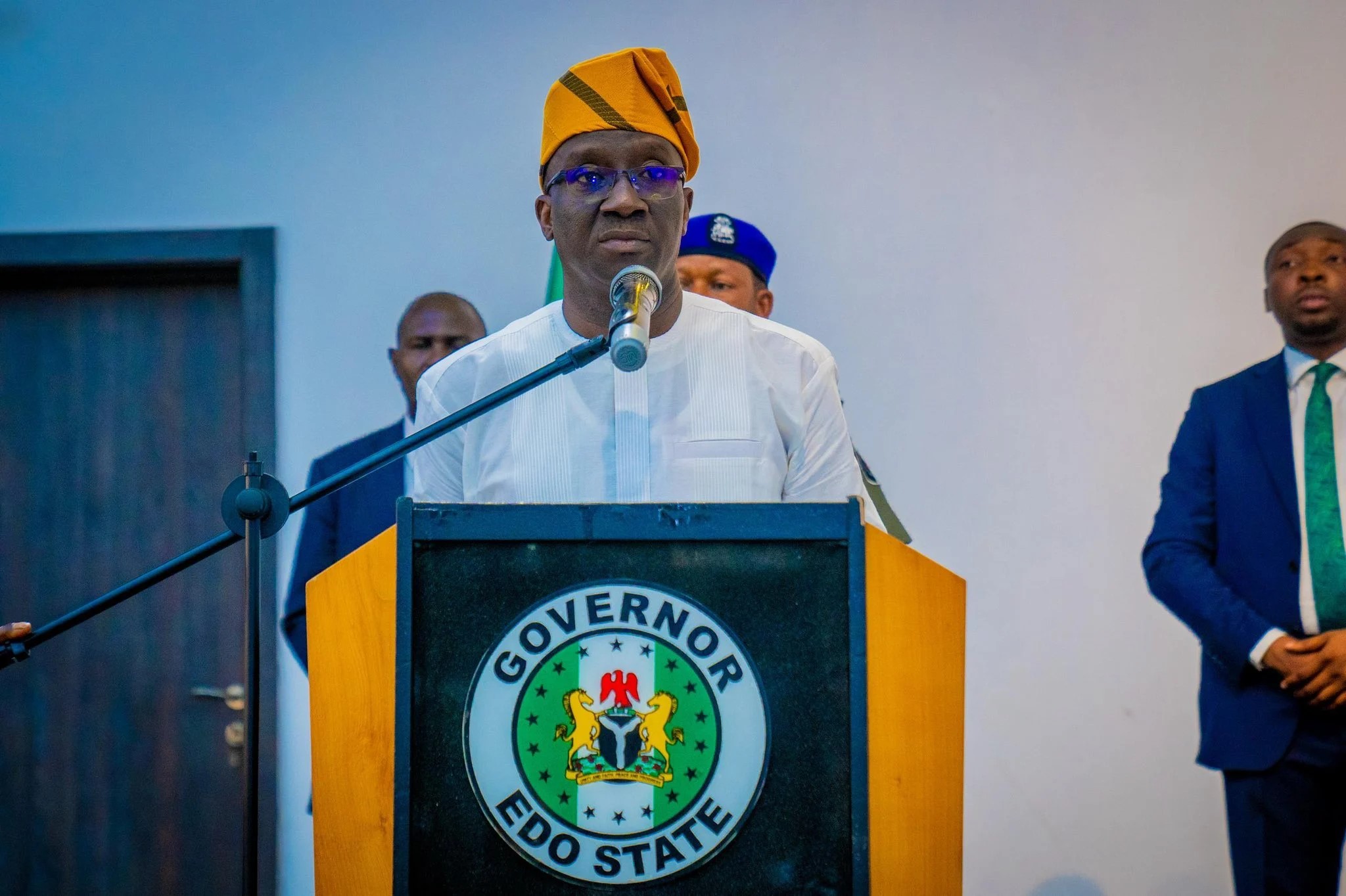
Nigeria’s pension funds continue to favour low-risk government securities at the expense of potentially higher-yielding investments, according to the latest data from the National Pension Commission (PenCom).
The unaudited March 2025 report published on the Commission’s website reveals that 85.5 per cent of fixed-income investments – amounting to ₦14.48 trillion – are held in Federal Government bonds.
In contrast, corporate bonds and equities represent just 19.7 per cent and 11.4 per cent of total assets, respectively. This skewed allocation reflects a deeply risk-averse strategy, which industry experts say could expose pensioners to inflationary pressures and modest growth.
For millions of Nigerian workers dutifully contributing to pension schemes, the latest data from PenCom raises critical questions about the long-term value of their savings. While this conservative approach protects contributors’ capital, tit raises the prospect of lower returns in the long run for retirees.
Historically, Pension Fund Administrators (PFAs) have always defended their preference for government bonds, citing economic uncertainty, volatile inflation, and currency fluctuations. However, critics argue that this overreliance comes at a cost, particularly in missing out on high-growth sectors such as infrastructure, global equities, and private equity.
However, the preference for sovereign debt has long been seen as a double-edged sword, because it then depended heavily on government’s fiscal position.
The report also highlights the limited exposure to foreign equities, with only ₦263.4 billion invested – exclusively by Closed Pension Fund Administrators (CPFAs) – compared to ₦2.57 trillion in domestic equities, which in effect limits access to international markets could help hedge against local economic shocks.
With total pension assets now standing at ₦23.3 trillion, stakeholders are calling for policy reforms to promote smarter diversification – without sacrificing safety. PenCom faces the challenge of protecting contributors today while ensuring their pensions grow sufficiently to meet future needs.












